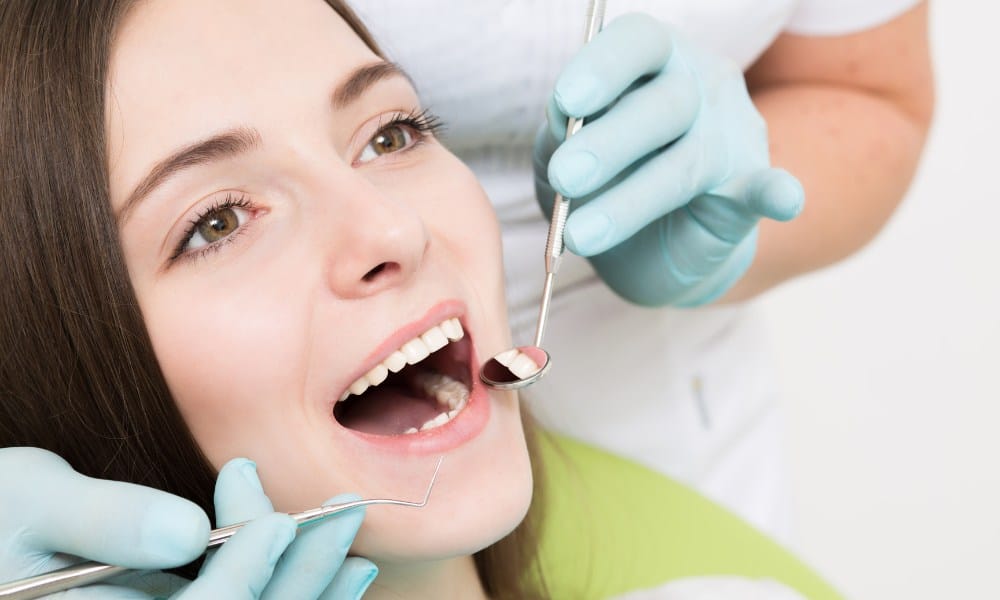A captivating smile is often considered a universal language, conveying warmth and confidence. However, achieving and maintaining optimal dental health goes beyond regular brushing and flossing. In this blog, we delve into the intricate relationship between lifestyle habits and your dental destiny. Join us on a journey to uncover the secrets of a radiant smile.
The Foundation: Oral Hygiene Rituals
The cornerstone of a healthy smile lies in the daily rituals of oral hygiene. Brushing and flossing, when done correctly, remove plaque and prevent the buildup of harmful bacteria. The American Dental Association recommends brushing twice a day with fluoride toothpaste and flossing at least once daily.
Beyond the basics, the choice of toothbrush and toothpaste can significantly impact oral health. Opting for a soft-bristled brush and fluoride toothpaste tailored to your specific needs is crucial. Additionally, incorporating antimicrobial mouthwash into your routine can provide an extra layer of protection against bacterial invaders.
Dietary Decisions: Nourishing Your Smile
Your dietary choices exert a profound influence on the health and radiance of your smile. Consider your daily meals as more than just a source of energy—they are the building blocks that fortify your teeth against the wear and tear of time.
The Calcium and Vitamin D Duo
Calcium and vitamin D are dynamic partners in the quest for strong, resilient teeth. Calcium is a mineral crucial for the formation and maintenance of teeth and bones, while vitamin D aids in the absorption of calcium. Dairy products, such as milk, cheese, and yogurt, stand out as excellent sources of both these nutrients. Incorporating them into your diet provides the foundation for enamel strength and overall dental health.
Leafy Greens
The vibrant world of leafy greens, including kale, spinach, and Swiss chard, is a treasure trove of vitamins and minerals. Rich in calcium, these greens promote enamel health and contribute to the prevention of cavities. Moreover, the chewing required to break down these fibrous greens stimulates saliva production, creating a natural defense mechanism against harmful bacteria.
Fortified Foods
In the modern age, many foods are fortified with essential nutrients, and wisely choosing these options can enhance your dental health. Look for cereals, bread, and other grain products fortified with vitamins and minerals, particularly calcium and vitamin D. This ensures that even if your diet lacks certain elements, you can still obtain the necessary nutrients for a resilient smile.
The Water Advantage
While often underestimated, water is a silent hero in maintaining optimal dental health. It not only keeps you hydrated but also helps cleanse your mouth by rinsing away food particles and bacteria. Water is particularly beneficial after consuming acidic or sugary foods, as it neutralizes acids and minimizes the risk of enamel erosion and tooth decay.
The Smoking Menace: A Threat to Dental Wellness
In the intricate landscape of dental health, smoking emerges as a formidable adversary, casting its shadow over the vitality and aesthetics of your teeth and gums. Beyond the well-documented perils to overall health, tobacco use, whether through smoking or chewing, inflicts a series of specific and detrimental effects on your oral well-being.
One of the immediate and visible consequences of smoking is the staining of teeth. The tar and nicotine present in tobacco products infiltrate the porous enamel of your teeth, leading to unsightly yellow or brown discoloration. This not only compromises the aesthetic appeal of your smile but serves as an external marker of the internal damage caused by tobacco.
Smoking is a notorious accomplice in the development and progression of gum disease. The chemicals in tobacco interfere with normal gum function, impeding blood flow and reducing the supply of essential nutrients to the gums. Left unchecked, gum disease can result in tooth loss and adversely impact overall oral health.
Stress and Your Smile: The Unseen Culprit
In the hustle and bustle of modern life, stress has become an almost constant companion. While its effects on mental and physical health are well-documented, the impact of stress on your oral health is a subtler but significant aspect that often goes unnoticed. Here are the ways by which stress affects your dental health:
Bruxism: The Silent Consequence
One of the most common manifestations of stress on oral health is bruxism, a condition characterized by teeth grinding or clenching. This involuntary grinding often occurs during sleep, making it challenging to detect without professional intervention. The persistent pressure exerted on teeth and jaws during bruxism can lead to a myriad of issues, including worn-down enamel, tooth sensitivity, jaw pain, and headaches. Identifying and addressing stress-related bruxism is crucial not only for the longevity of your teeth but also for the alleviation of associated discomfort.
Temporomandibular Joint (TMJ) Disorders
Stress has a pronounced impact on the temporomandibular joint, the joint that connects your jaw to your skull. Chronic stress can contribute to the development of temporomandibular joint disorders (TMD), characterized by pain, clicking sounds, and restricted movement in the jaw. TMD not only causes discomfort but can also influence the alignment of your teeth and lead to further dental complications if left unaddressed.
Gum Disease Intensification
Stress weakens the immune system, making the body more susceptible to infections, including those that affect the gums. For individuals already prone to gum disease, stress can exacerbate the condition. The inflammation and bleeding associated with gum disease may intensify, leading to a more rapid progression of the disease.
Regular Dental Check-ups: The Preventive Pillar
Professional Cleaning
Regular dental check-ups offer the opportunity for professional cleaning, a process that goes beyond the capabilities of your toothbrush and floss. Even the most meticulous oral hygiene routines leave behind traces of plaque and tartar that can harden over time, especially in hard-to-reach areas. Dental hygienists employ specialized tools to remove these deposits, preventing the progression of gum disease and enhancing the overall cleanliness of your teeth.
Early Detection of Issues
One of the primary advantages of regular dental visits lies in the early detection of potential issues. Dental professionals are trained to identify subtle signs of problems that may go unnoticed in the early stages. Whether it’s the beginnings of a cavity, the onset of gum disease, or the emergence of oral abnormalities, early detection allows for prompt intervention, preventing the escalation of issues into more complex and challenging conditions.
Comprehensive Examinations
Dental check-ups encompass more than just a cursory examination of your teeth. They involve a thorough assessment of your entire oral cavity, including the gums, tongue, palate, and other soft tissues. This comprehensive approach allows for the identification of abnormalities, such as signs of oral cancer, which may not be evident through routine self-examinations. Early detection of such conditions with the help of a professional dentist significantly improves the chances of successful treatment.
Your lifestyle choices wield immense power in determining the fate of your dental health. From the precision of your oral hygiene rituals to the choices on your plate, each decision contributes to the resilience and beauty of your smile. By embracing a holistic approach to dental care, including regular check-ups and a commitment to stress management, you pave the way for a lifetime of dental radiance. Remember, your smile is not just a reflection of good dental habits; it’s a testament to a well-lived and health-conscious life.

